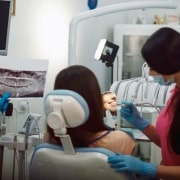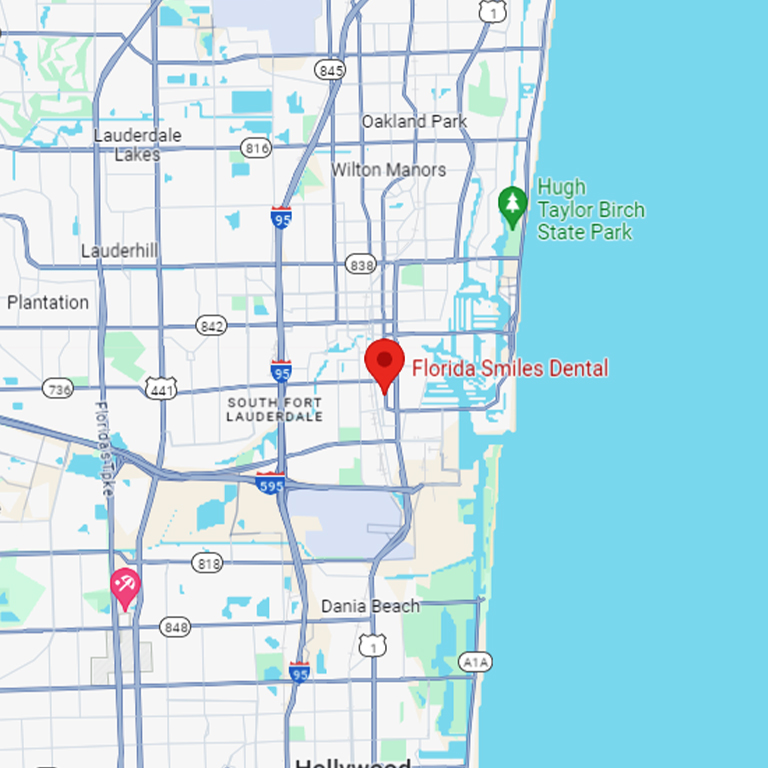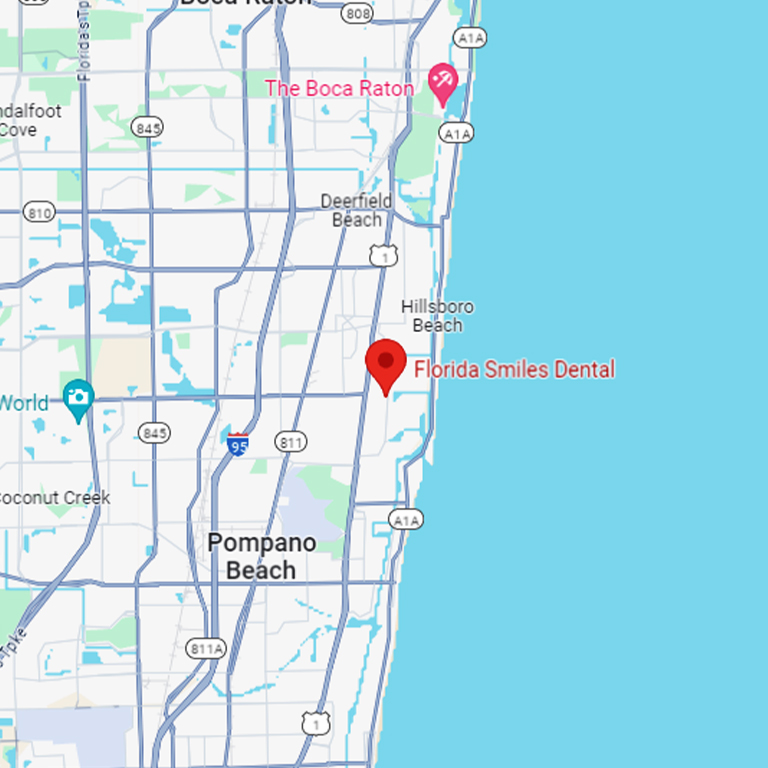Want Stronger Teeth? Try Adding These Foods to Your Diet
Switching up your diet may be a never-ending goal for many people, but it doesn’t help that food advice can change from day to day (or even hour to hour). If you’re looking for a specific goal, like stronger teeth, though, you might be surprised at how easy it is to narrow it down.
What Should You Eat for Stronger Teeth?
If you’re ready for stronger teeth, a dentist in Fort Lauderdale, FL might recommend adding more of the following:
- Dairy: Ideally milk or yogurt, adding more calcium helps both your bones and teeth.
- Fruits: Fiber and antioxidants, whether from apples or blueberries, can boost the body’s ability to fight damage and remove plaque on its own.
- Omega-3s: Whether in fish, flaxseed, or walnuts, omega-3s promote gum tissue health, so you have strong anchors for your teeth.
Why Make the Change?
These foods do more than just make your gums and teeth healthier, they can make you healthier too. Too often, people get caught up in making sweeping statements about their health, which can lead to vague goals and even vaguer results.
Instead of making a resolution to eat healthier, you might make a resolution to strengthen your teeth by adding more calcium (as opposed to cutting out sugar or junk food). The more you can hone in on one healthy change, the more likely it is to extend to the rest of you.
At Florida Smiles Dental, we know that better dental habits can start small, like not skipping your tooth cleaning in Fort Lauderdale, FL, and slowly ramp up over the years. If you’re ready to take more control of your oral health, contact us today.














